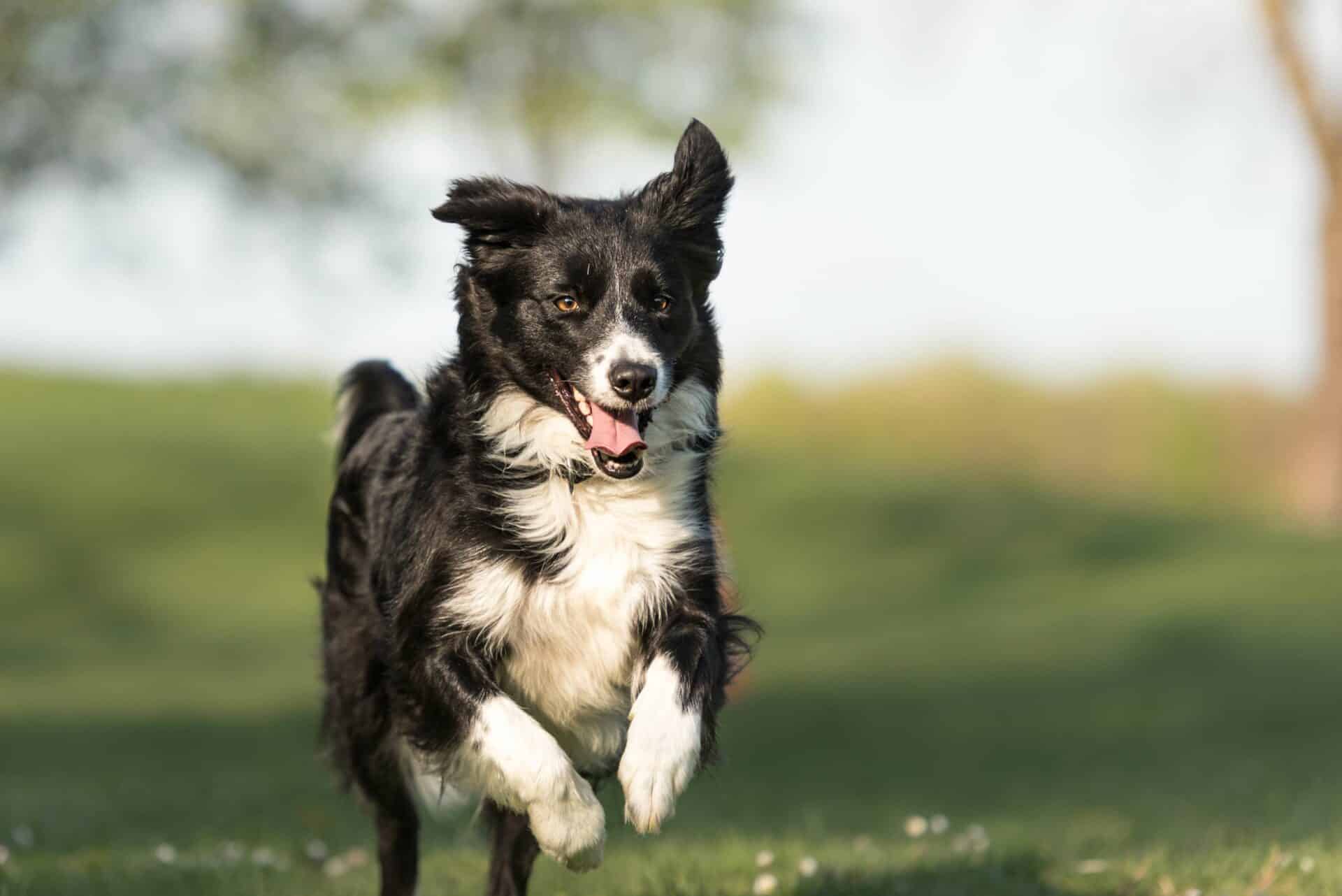Expert Large Animal Veterinary Support in Sheffield, IA and Surrounding Communities
Colic and birthing complications are among the most urgent issues faced by horse, sheep, and goat owners. These conditions require fast, experienced intervention to protect the lives of animals and give them the best chance at recovery or a successful delivery. At Sheffield Veterinary Clinic, we provide caring, dependable veterinary services backed by over 32 years of experience in mixed animal practice.
We serve Sheffield, Mason City, Thornton, Hampton, Clear Lake, and Ardale, offering mobile services and in-clinic care designed to support both animals and their owners during emergency periods.
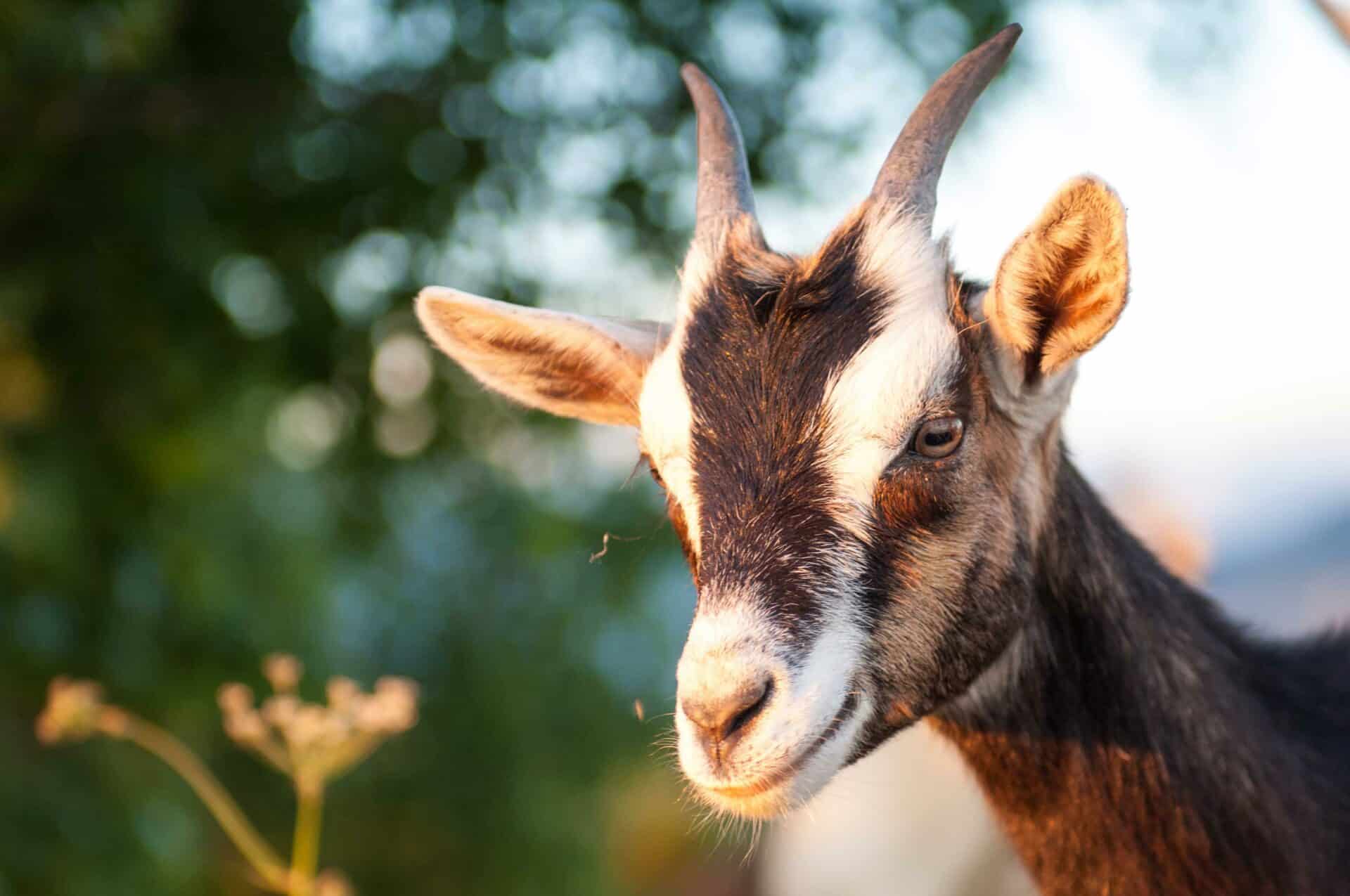
Recognizing and Responding to Equine Colic
Colic in horses refers to abdominal discomfort and can range from mild gas to life-threatening intestinal blockages or twists. Because it often presents with subtle or confusing symptoms, knowing the warning signs is key:
Call us right away if your horse shows signs like rolling, no manure, fast breathing, loss of appetite, or a bloated belly. Quick action can save lives—Sheffield Veterinary Clinic is here to help.
Our Approach to Colic Treatment
Our team at Sheffield Veterinary Clinic is equipped to assess and treat colic quickly, whether on-site at your farm or in our clinic. A thorough physical exam is the first step in identifying whether the case is mild or may require more intensive care.
Diagnostic Process
We assess vital signs, listen to gut sounds, and check for symptoms like bloating or abnormal gums. Diagnostic tools may include:
Treatment Options
Each treatment plan is tailored to the horse’s condition and may include:
Surgical Referral
If non-surgical methods aren’t enough—such as in severe displacements or unresponsive pain—we recommend and coordinate safe transport to a surgical facility.
On-Site Evaluations
We offer mobile service to Sheffield, Mason City, Thornton, Hampton, Clear Lake, and Ardale. Our mobile unit is equipped to manage emergencies on your farm quickly and effectively.
Emergency Readiness
Colic can escalate fast. Our team is available 24/7 for emergencies and will guide you through each step of care with compassion and clarity. Call (641) 892-4651 immediately if your horse shows signs of colic.
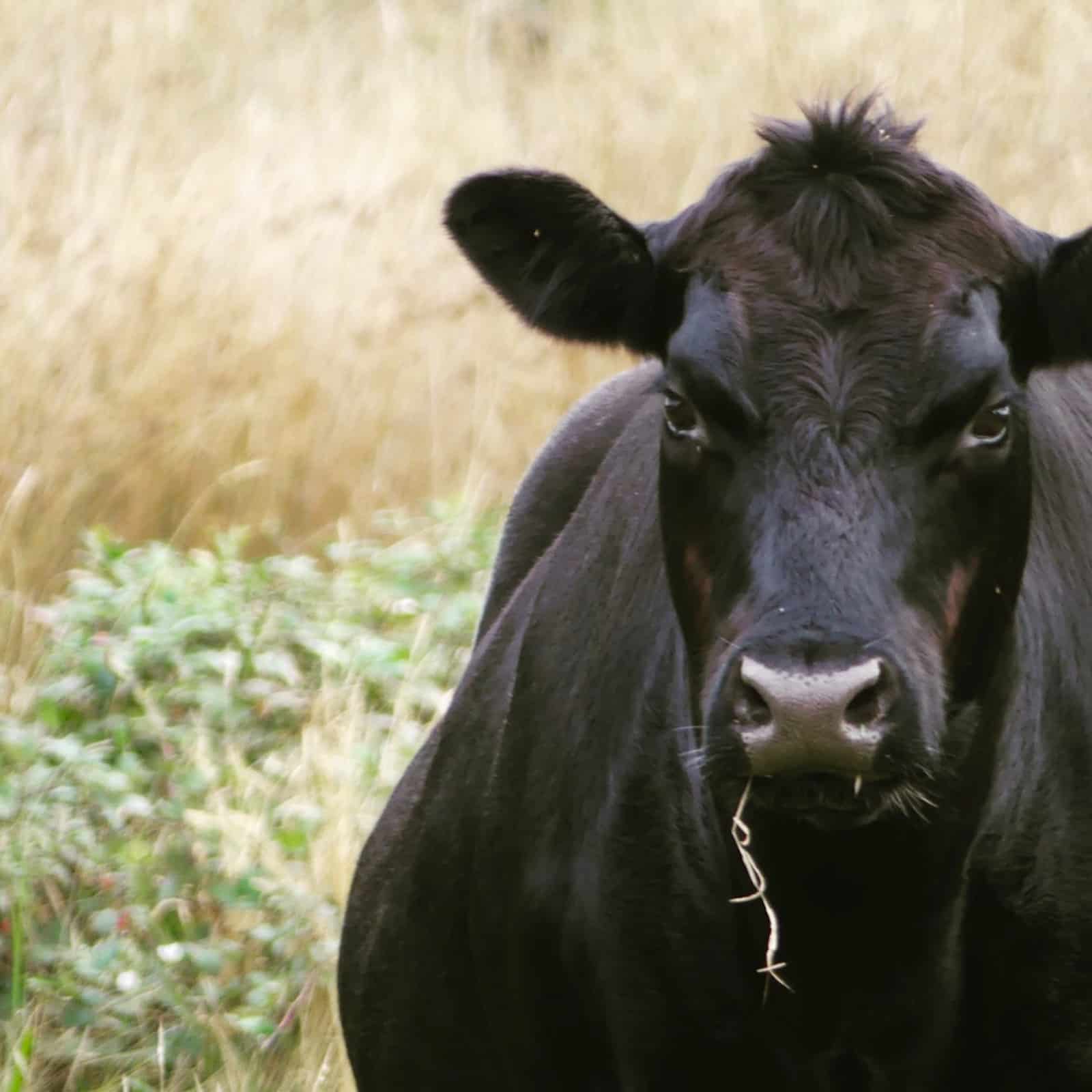
Lambing and Kidding Assistance for Sheep and Goats
Lambing and kidding bring excitement but also risks. Complications like stalled labor or weak newborns can arise quickly and require veterinary care. Sheffield Veterinary Clinic offers dependable support to help reduce losses and protect animal health.
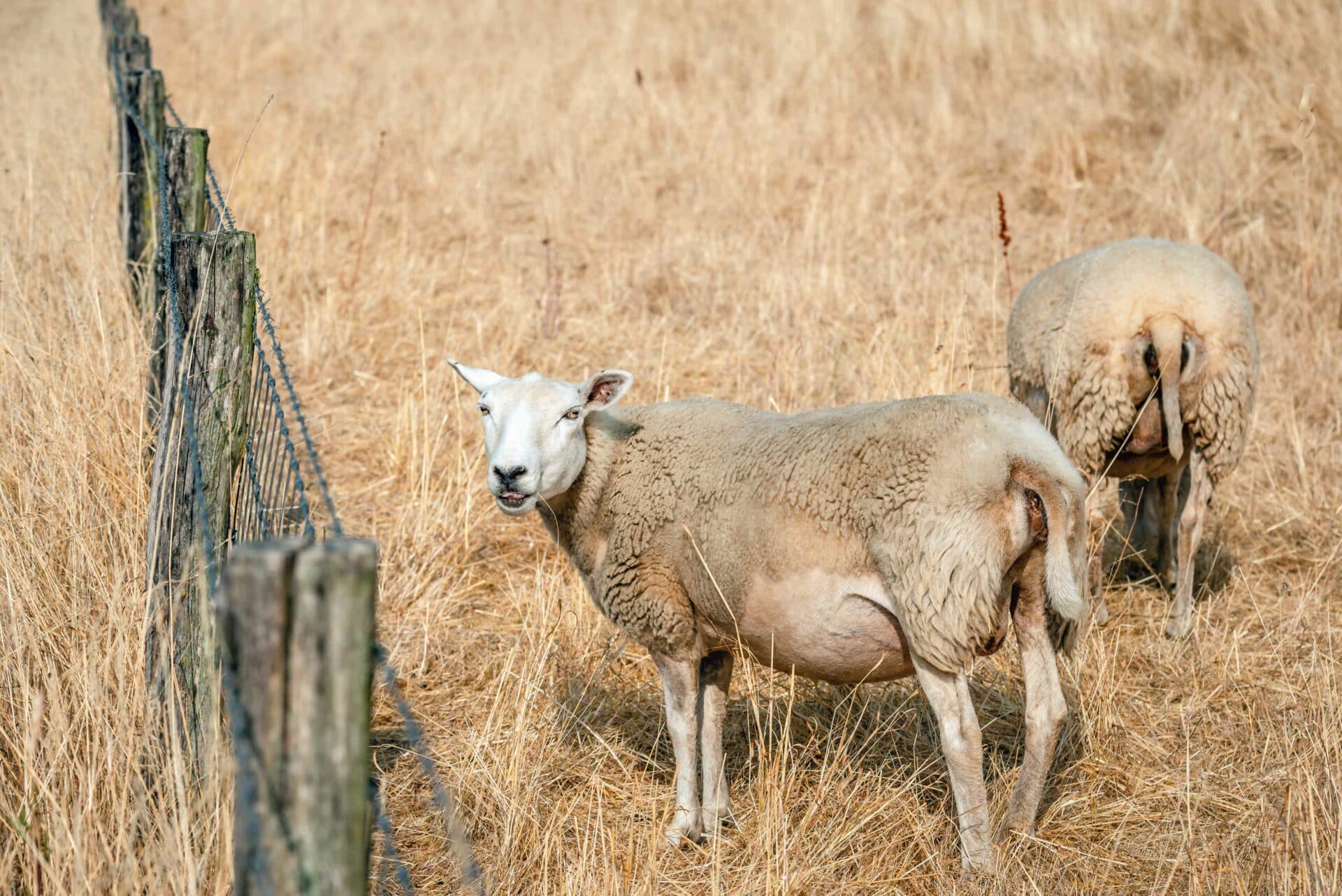
Common Birthing Risks
Early Warning Signs
When to Call for Help
Sheffield Veterinary Clinic provides fast, reliable care both in-clinic and on-farm during lambing and kidding emergencies—supporting healthy outcomes for mothers and newborns.
Birthing Support You Can Count On
Whether it’s a first-time ewe or a seasoned nanny goat, the birthing process can sometimes take a turn. Sheffield Veterinary Clinic is here to step in when things don’t go as planned. We offer a full range of services to support successful lambing and kidding outcomes, including:
Pre-Season Planning
We help you prepare for the birthing season with consultations covering nutrition, vaccines, parasite control, and birthing supplies, while identifying higher-risk animals.
On-Call Labor Support
Our vets are available day or night with mobile on-site care throughout the region, ready to assist whenever labor doesn’t go as expected.
Assisted Deliveries
We manage difficult births with skilled techniques and offer supportive care like repositioning, gentle traction, and treatment for complications.
Postnatal Care for Mothers and Newborns
After delivery, we monitor the mother and newborn for issues, support nursing, and provide additional care like fluids or feeding help when needed.
From the first signs of labor to the moments after birth, Sheffield Veterinary Clinic is here to guide and assist. Whether you’re managing a large herd or a small flock, we offer personalized, professional care every step of the way.
A Community Veterinary Partner You Can Trust
Finding the right veterinary partner means choosing someone who understands your animals and your values. At Sheffield Veterinary Clinic, we’re more than just a service provider—we’re part of your support system. For over three decades, we’ve built lasting relationships with local families and farms by offering dependable care, honest advice, and genuine compassion.
Experienced and Community-Focused
With over 32 years in mixed animal care, Sheffield Veterinary Clinic is trusted by families and farms across North Central Iowa.
Wide Service Area
We proudly serve Sheffield, Mason City, Thornton, Hampton, Clear Lake, and Ardale, both in-clinic and through mobile farm visits.
24/7 Emergency Services
Our team is available around the clock for colic, birthing, and other urgent situations—always ready to respond when minutes matter.
Reliable and Compassionate Care
We build long-term relationships through honest communication, respect, and thoughtful care that continues beyond each visit.
Farm Call Services for Large Animal Emergencies
Sheffield Veterinary Clinic offers on-farm care for large animals when transporting them isn’t practical or safe. Whether it’s an emergency like colic or a difficult lambing, we come directly to your location with the tools and training needed to act quickly and effectively.
On-site visits minimize stress for animals in distress and allow us to begin treatment right away. Farm calls are important for emergencies, and they’re also a convenient option for routine services like vaccinations, pregnancy checks, and herd evaluations.
What We Bring With Us
Our mobile unit is fully stocked to handle a wide range of needs, including:
To schedule a farm call, please call us directly at (641) 892-4651.
Preventive Care Tips for Colic and Birthing Season
Emergencies can’t always be avoided, but taking proactive steps can reduce the risk of colic and birthing complications. Sheffield Veterinary Clinic encourages planning and routine care to keep animals healthy and owners prepared.
For Horses: Preventing Colic
For Sheep and Goats: Preparing for Safe Birthing
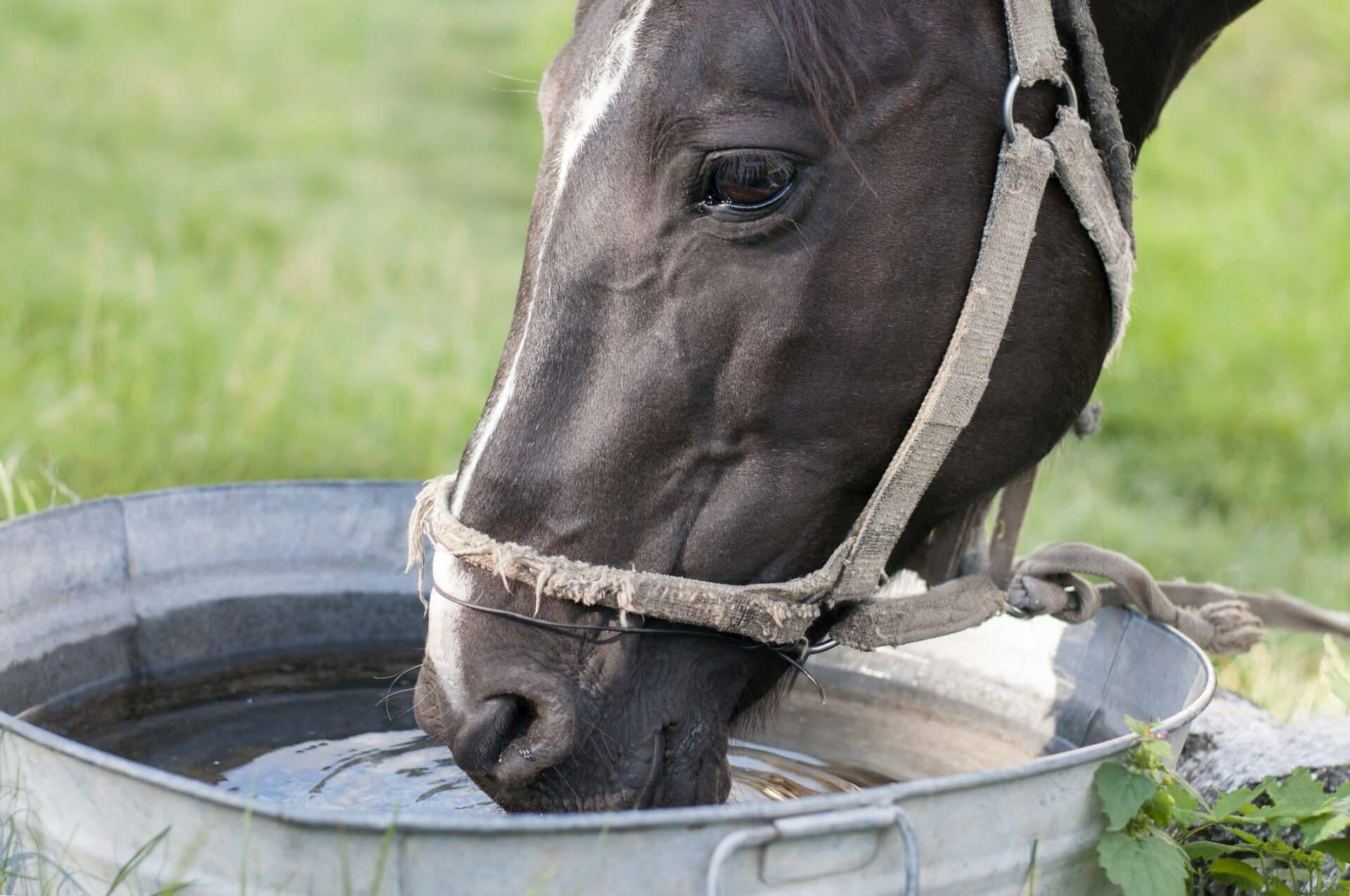
Proper planning and daily care set the foundation for safer outcomes and healthier animals throughout the season.
